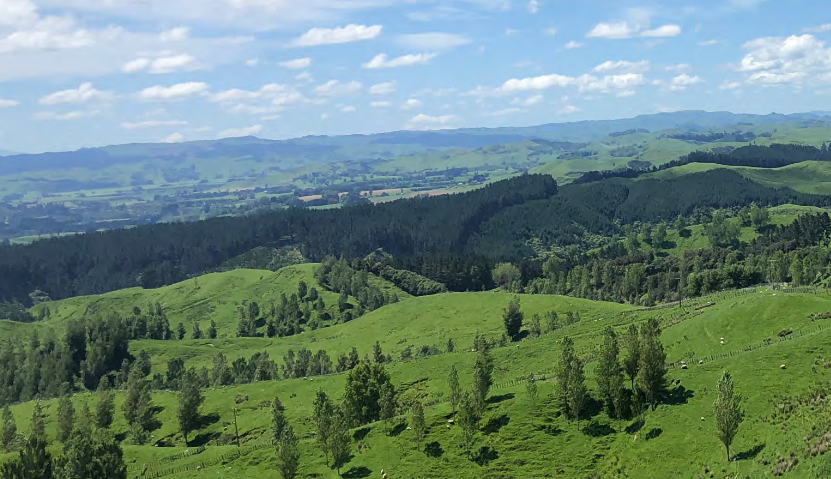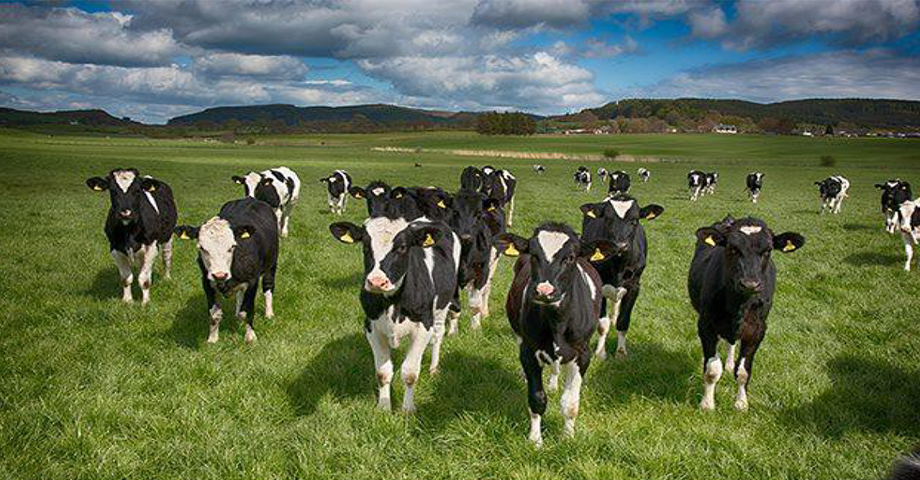
Executive Summary
Carbon farming at present is a hot topic in New Zealand, ongoing pressure from the government and industry leaders to be Zero carbon in all the food we produce.
The purpose of this report is to understand the ongoing factors and importance carbon farming has in New Zealand agriculture now but more so in the future. To understand the opportunities farmers have in making a more profitable business and farming more sustainably through planting trees in low productive land.
Forestry plantings are driven by farmers for many reasons. These include reducing carbon, utilising unproductive land, additional avenues of income, and helping with succession.
These opportunities are not just limited to farmers utilising land for off-setting carbon. On a larger scale the commercial sector are actively looking to off-set their main business in carbon for example Air New Zealand, Contact, Genesis & Z are in partnership, who are trying to convert on marginal productive land.
A small percentage of forestry integrated into a farming enterprise utilising the ineffective more contoured areas will not significantly impact stock production. This can increase income and off-set the farms carbon emission footprint.
The methodology I used in this report was a literature review where I did a lot of reading and research where similar themes became apparent. The themes are:
Forestry returns for farmers are variable for farmers but positive if well managed.
Good cash flow and also carbon returns are possible. It has enabled the ability to match the land to best use in a sustainable way.
Climate change in New Zealand is becoming more topical, with farmers needing to be accountable for their emissions and actively offsetting them.
Climate change is at the forefront of media and importance to knowing your business and environmentally farmers are needing to know their emissions with ways of accounting for them and also a straightforward ways to offset these. With the latest draft of the government’s climate change policy there is some real uncertainty and pressures for farmers. A lot of farmers will lag behind and some will leave the industry. They need support to adapt to changes and regulations to keep up with the new farming regulations.
Further education, understanding and active embracement of the impact of Climate change is, and will continue to be, required by farmers.
A lot of education is needed to fully understand emissions on farm and environmental impacts. Environmental standards are only going to get tougher.
A common theme was that forestry was going to have huge impact in off-setting emissions. When examining this we have to be careful as some opinions explore that there is not enough land in New Zealand for this to occur fully or at the current rate that it is happening.
Some of my recommendations for farmers integrating forestry into their farming systems indicates it to be worthwhile diversification, but through my research it is clear that it is key for farmers to achieve the best results they must get the correct advice from professional consultants right from the start on plantings and schemes.
With the latest Climate Commission draft we are seeing more changes with environmental responsibility and if a farmer can off-set their own carbon use it will put them ahead of the legislation, whilst also offering tax saves and including a new revenue stream.




